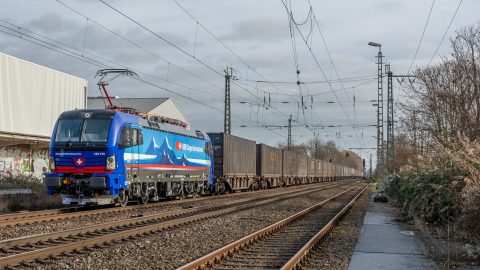Ukrainian Railways plans new tariff increases, associations voice disapproval

Ukrainian Railways (UZ) is planning yet another tariff increase for rail freight services transporting various raw materials. In response, the Federation of Transport Employers of Ukraine (FTU) sent “a request to reduce freight railway tariffs by 20 per cent from the current level by optimising UZ’s costs and taking measures to restore and increase the freight base of UZ.”
The tariff increases proposed by UZ concerns ore and coal (+19 per cent), coke (+12 per cent) and grain (+11 per cent). This is not the first instance in which Ukrainian Railways tries to raise tariffs for rail freight services. In June 2022, the company introduced a 70 per cent increase to partly compensate for the impact of the war, while in 2024 they rose by an additional 20 per cent. This last boost was justified as an adjustment to bring Ukraine closer to European models.
What can be done to avoid tariff increases?
“The constant increase in tariffs is dangerous both for Ukrainian Railways itself and for the Ukrainian state, as it means that UZ is losing its cargo base and thus the economic basis of its business”, the Director General of FTU Volodymyr Husak wrote on GMK Center. According to Husak, current tariffs are already between 25 and 60 per cent higher than before the war.
Both UZ in general and its freight business unit are quite profitable, Husak said claiming that an increase in freight tariffs is not necessary. On the contrary, he considers such initiative as “another non-transparent and voluntary increase in the cost of transportation.” According to him, rail freight tariffs for specific types of cargo should be in balance with their impact on the infrastructure. The transport of iron ore, for example, requires significantly less infrastructure than the combined transport of grain.
Rather than increasing rail freight tariffs, UZ should focus on improving the financial situation concerning passenger transport, which is constantly losing money. Moreover, controlling cost growth and improving labour productivity are two more measures brought up by Husak so that UZ can maintain profitability. “The increase in rail freight tariffs has become one of the main reasons why many companies can no longer operate without losses”, he concluded.
You just read one of our premium articles free of charge
Want full access? Take advantage of our exclusive offer




